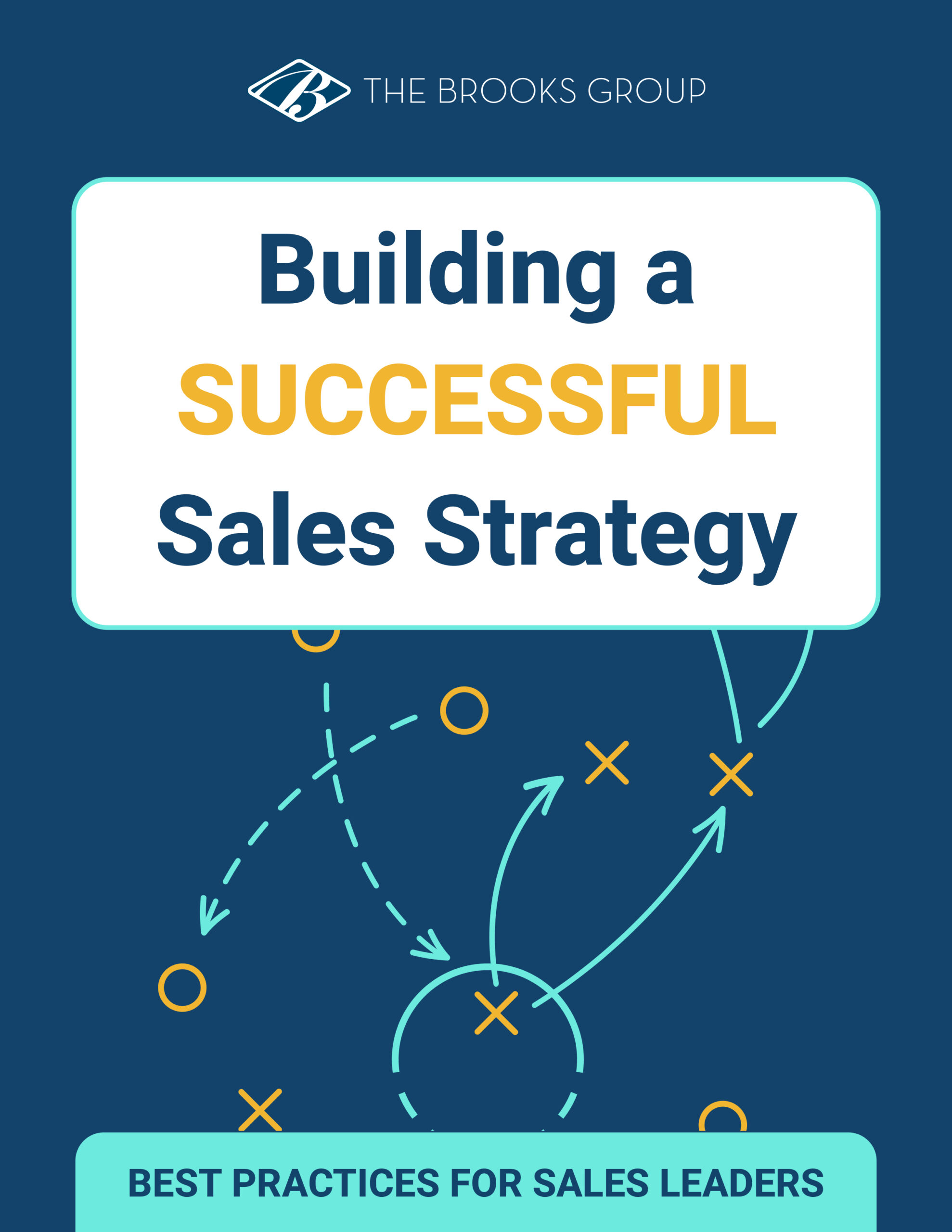You can’t manage what you don’t measure.
This is especially true for sales performance. Tracking key sales metrics and knowing how to influence them is critical. Leading and lagging indicators reveal how well your team is navigating the complex B2B sales cycle. As a sales leader, your role is clear: manage your sales process and sales professionals to get the job done.
But what happens when measurement becomes unmanageable? Core sales metrics are important to the strategic goals of an organization. With sales automation platforms and digital dashboards, many organizations are finding it easier than ever to track almost anything.
This is great, right? By understanding what works and what needs improvement, sales leaders can optimize strategies, allocate resources efficiently, train and coach properly, and drive sales revenue.
The problem is that teams are now surfing on a tidal wave of data. Honing in on the most impactful metrics is key. But even the most valuable measurements may be difficult to track if they are lost in a sea of irrelevant data.
The smart move is simply to identify the most important metrics. Think quality over quantity. But how can you tell it’s time to scale back on your metrics? Or which metrics to stop tracking? Here are five signs that you’re simply measuring too many metrics.
5 Signs You’re Measuring Too Many Sales Metrics
1. When You Don’t Know What to Do with the Data
If you can’t really decide what to do with the data you’ve collected, you probably don’t need to be measuring it. Just because you can measure something, doesn’t mean that you should. Boil the most important information down to five or six key sales metrics—anything beyond that will only confuse the process.
2. When You Can’t Trust the Accuracy of the Sales Data
Do one thing, and do it well (or in this case, do five or six things, and do them accurately). Trying to juggle too much information can lead to inaccurate data and wasted time deciphering your own measurements. Inaccurate data related to one metric can create an internal perception that all of the metrics are suspect.
3. When Your Data is Not Related to High-Gain Sales Activities
There’s a difference between being productive and being busy. Unless your metrics are in line with high-gain activities that have the most impact on your sales results, you don’t need to be measuring them. Measure only what is aligned with the key leading and lagging indicators and on-the-ground coaching.
4. When You Have to Create New Systems of Measurement
Most likely, if something is worth measuring, there is already a system in place for it. If a metric requires implementing a new system, database, or major technology, it’s probably not that critical to driving sales success. As mentioned in #1, just because you can measure something doesn’t always mean you should. Many overzealous Sales Ops folks cannot resist the temptation of measuring anything and everything. More is NOT better when it comes to sales metrics.
5. When the Process Becomes Too Time-Consuming for Salespeople
Realize the difference between “core metrics” and “feel good metrics”. If your tracking mechanisms get in the way of key selling activities during prime selling time, you probably need to trim back your sales metrics. Keep it as simple and efficient as possible.
Takeaway: Focus on Impact
When it comes to sales metrics, less is more. Determine which measurements have the most impact on your sales results, and eliminate any that aren’t related to high-gain activity.
Focus on “in-process” measurements, which allow you to coach your sales professionals while they are working towards a goal. Do away with “end-process” measurements that don’t foster growth in a sales team and only really tell you what the end result is. If you measure progress rather than end results, salespeople can learn from experience and are more likely to succeed.
5 Most Important Sales Metrics to Track
Here are five sales metrics that can give you greater insight into sales team effectiveness.
1. Conversation Quality
When prospecting, measure the quality of conversations, not just the number of calls made. Focus on your ideal customer profile and use high quality messaging to convey that you have solutions for their unique challenges.
2. Prospect Engagement
Measuring how many emails you sent, email open rates, or how many clicks is not as important as prospect engagement. Look at how many people click through on email links, how many times they click through, if they forward it, and if they read the entire document or a part of it. You want to nurture and engage the prospect.
3. Sales Quotes and Proposals
Track where in the sales process you send quotes and/or proposals. Figure out the right time, then measure how many are going out, and then measure the conversion rate weekly so that you can make adjustments.
4. Time On Task
Another overlooked metric is time on task. This will help you see the volume of activity compared to results of that activity so that you can benchmark the habits of higher-performing salespeople.
5. Conversions
There are multiple types of conversions from marketing qualified lead, to sales qualified lead, to deal close. Track conversions along the sales cycle. If conversion rates are low, there may be weaknesses in your process, skills gaps, or lack of sales training. Look deeper and see what your salespeople need. Enable them to do what you’re asking them to do.
Sales Metrics That Matter
Sales data is the caffeine of any sales organization. It can jumpstart your sales process and give your sales professionals an extra competitive edge. Think about the behavior you want to influence and assign your metrics that way. Don’t just drive the number of calls, number of proposals, or number of demos, but the actual quality of the outcome from those attempts. Focus on the sales metrics that matter and you’ll know which ones to track and which to leave aside.
Learn More
View on Demand: Metrics that Drive Sales Revenue: How to Focus on What Matters
White Paper Download
Building a Successful Sales Strategy
A sales strategy ensures you’re moving directionally towards the sales goals you hope to achieve. However, there are pitfalls to building a sales strategy. Many sales teams engage in activities that work against them, without even realizing it.
In this guide, we’ll share four key steps for building a successful sales strategy, and provide actionable takeaways to get you started.





